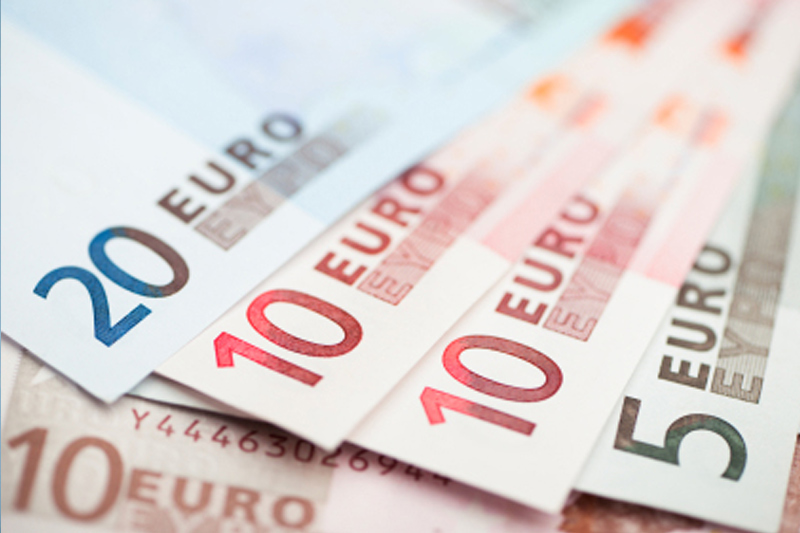Investing.com’s stocks of the week
Investing.com - The euro was holding close to nine-year lows against the broadly stronger dollar on Tuesday as expectations that the European Central Bank will soon step up stimulus measures and political uncertainty in Greece weighed, while the yen pushed higher amid widespread risk aversion.
EUR/USD was last at 1.1953, not far from the lows of 1.1851 struck on Monday, the weakest level since February 2006.
The single currency remained under pressure after data on Monday showing German inflation fell to a five year low in December added to pressure on the ECB to step up measures to avert the threat of deflation in the region.
The euro zone is to release data on inflation on Wednesday and economists have forecast an annualized decline of 0.1%, which would be the first drop since 2009.
On Friday, ECB President Mario Draghi said the risk of it not fulfilling its mandate of price stability is higher now than six months ago. The remarks indicated that the likelihood of full blown quantitative easing has increased ahead of the ECB’s meeting on January 22.
The euro was also pressured lower by uncertainty over Greece’s future in the euro zone if far-left anti-austerity party Syriza won elections due to be held later this month.
The euro was at two-month lows against the firmer yen, with EUR/JPY down 0.37% to 142.19.
The yen was also higher against the dollar, with USD/JPY sliding 0.58% to 118.93 from 119.62 late Monday.
The safe haven yen was boosted by declines in Asian equity markets overnight, as falling oil prices and concerns over the outlook for the euro zone economy sparked a selloff in stocks.
The U.S. dollar index, which measures the greenback against a basket of six major currencies, slid 0.13% to 91.54 but remained close to Monday’s nine-year peaks, supported by weakness in the euro.
